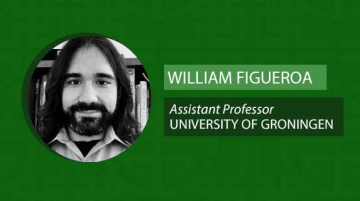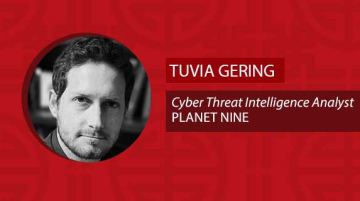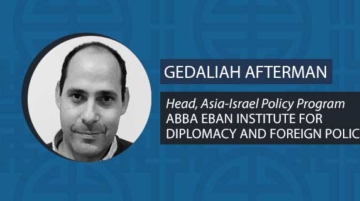The rapidly escalating conflict between Israel and Hezbollah in Lebanon prompted a strong reaction from the Chinese government this week. Chinese Foreign Minister Wang Yi met with his Lebanese counterpart Abdallah Bou Habib on Monday at the UN in New York and condemned Israel’s actions as “indiscriminate attacks against civilians.”
It’s notable, though, that neither Wang nor other Chinese officials made any mention of Hezbollah’s missile strikes on targets in Israel, including those that hit civilian areas.






